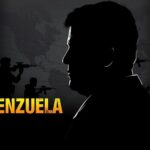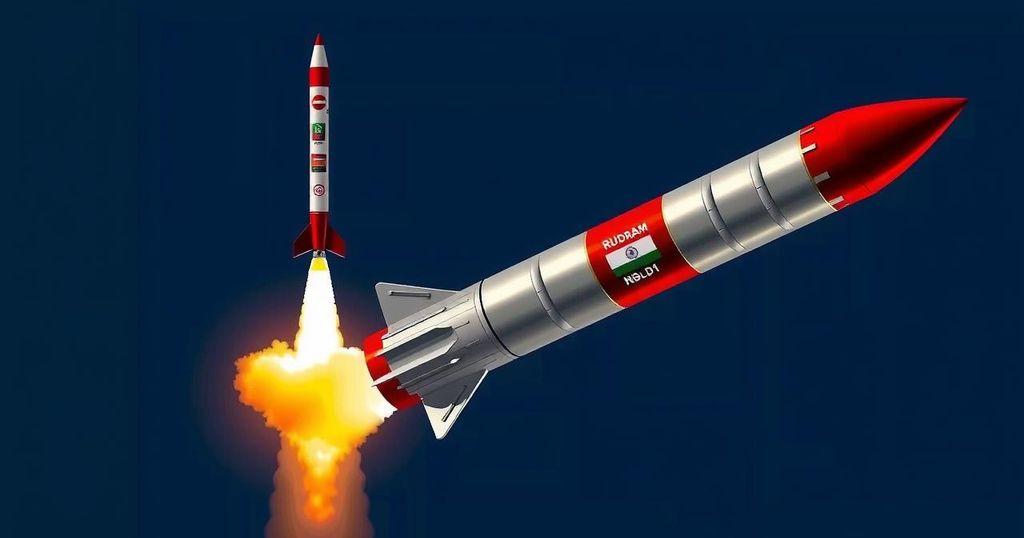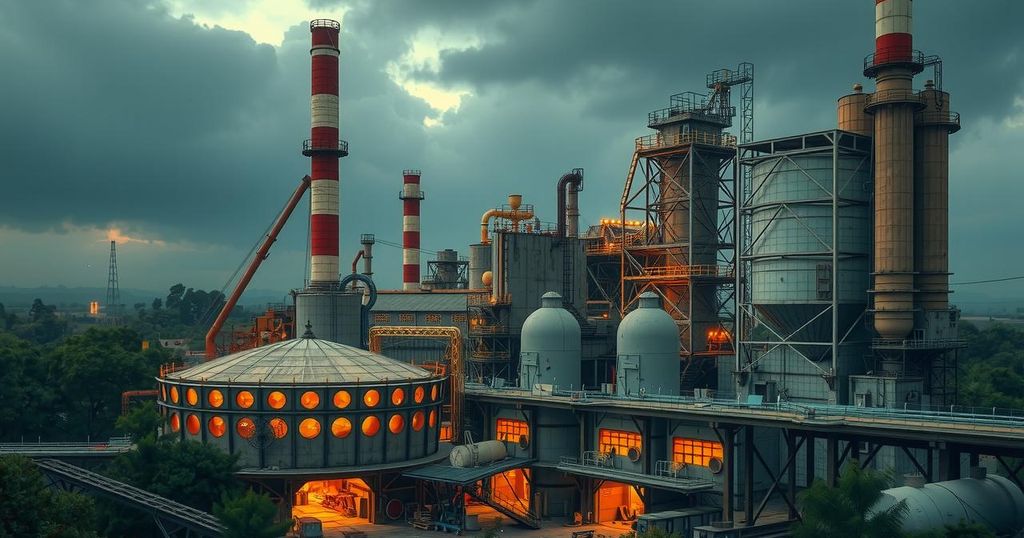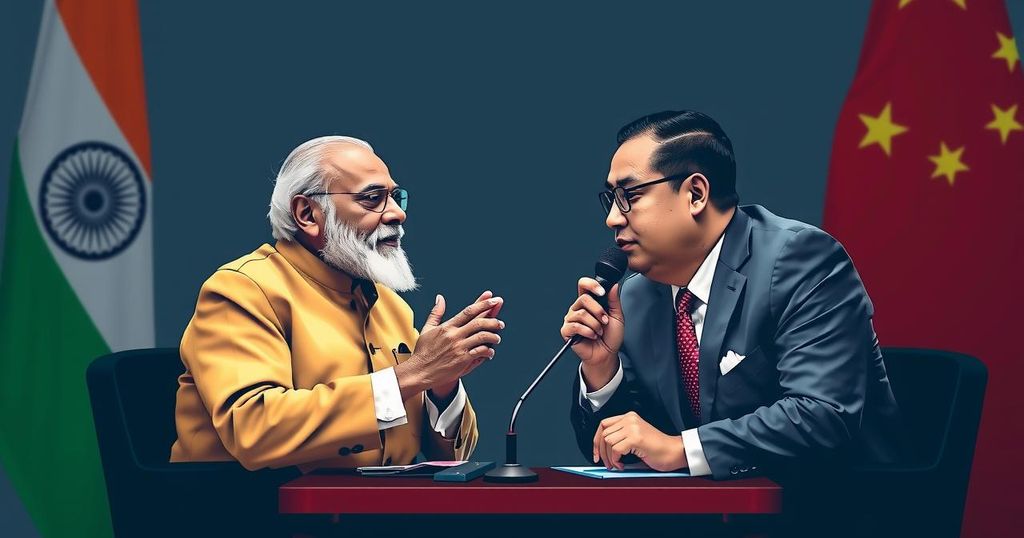Venezuelan Election Observers Seek Refuge in Colombia Amid Persecution
Summary
Five Venezuelan election observers have fled to Cúcuta, Colombia, after facing persecution for their opposition work during the disputed July 28 elections. Despite collecting significant election data indicating support for the opposition candidate, the Maduro regime declared victory amidst widespread allegations of fraud and intimidation by poll workers. The observers’ testimony emphasizes the ongoing struggle for democracy in Venezuela and the personal risks involved in opposing the government.
A group of five Venezuelan election observers have sought refuge in Cúcuta, Colombia, following their involuntary exile after the controversial elections conducted on July 28. This group, which comprises a variety of professions including a bread maker, a salesman, a chef, and an engineer, is among the first political exiles escaping across the border due to targeted persecution stemming from their opposition to the Maduro regime. The opposition to President Nicolás Maduro had unified to challenge the authoritarian government’s grip on power, particularly in the wake of the controversial electoral process. María Corina Machado, initially the opposition’s presidential candidate, was barred from participating in the elections by a Supreme Court ruling issued in January. Subsequently, she endorsed Edmundo González and spearheaded an initiative to recruit election observers tasked with collecting and verifying vote tallies from across numerous voting centers in Venezuela. One of the observer coordinators, who opted to remain anonymous for safety concerns, shared that the team diligently gathered tally sheets from each polling place, stating, “Center after center, each voting center, we collected all the tally sheets.” Despite their efforts, the Maduro regime was announced as the victor of the elections, a declaration widely questioned due to the significant evidence compiled and disseminated by brave observers like Anthony. The opposition managed to record results from 83 percent of the voting precincts, revealing that Mr. González had received 67 percent of the votes within those locations. However, intimidation from pro-Maduro poll workers allegedly obscured and undermined their verification process, as expressed by Anthony, who recounted that when they inquired about the tallies, the response was dismissive: “What tallies?”
The situation in Venezuela is characterized by political turmoil and an ongoing battle between the government led by Nicolás Maduro and various opposition factions seeking to challenge his authoritarian rule. The July 28 elections, which were marred by allegations of fraud and state-sponsored intimidation, prompted significant public outcry and led to a unification of opposition parties under Machado’s leadership. The role of independent election observers became crucial as they aimed to document and confirm election outcomes, often at great personal risk. Many observers now find themselves exiled as a result of reprisals from the Maduro regime.
In summary, the plight of the Venezuelan election observers exemplifies the grave challenges faced by political dissidents in the country under Nicolás Maduro’s government. Forced into exile for their opposition activities, these individuals demonstrate the lengths to which they have gone to uphold democratic processes despite facing severe consequences. Their efforts to document electoral fairness, even amidst systematic intimidation, reflect a courageous resistance that continues to stoke the flames of opposition within Venezuela.
Original Source: www.nytimes.com








Post Comment